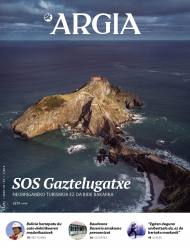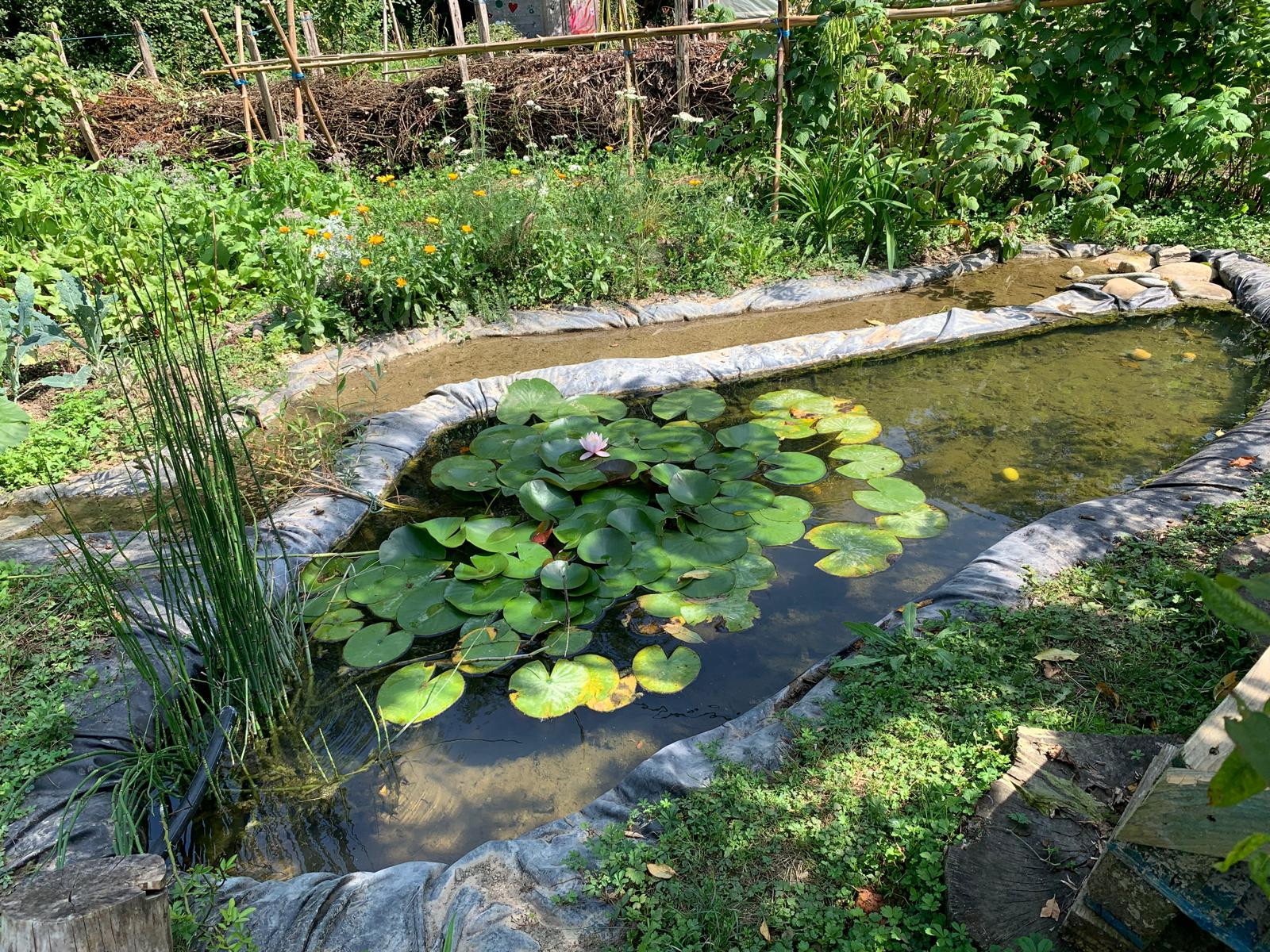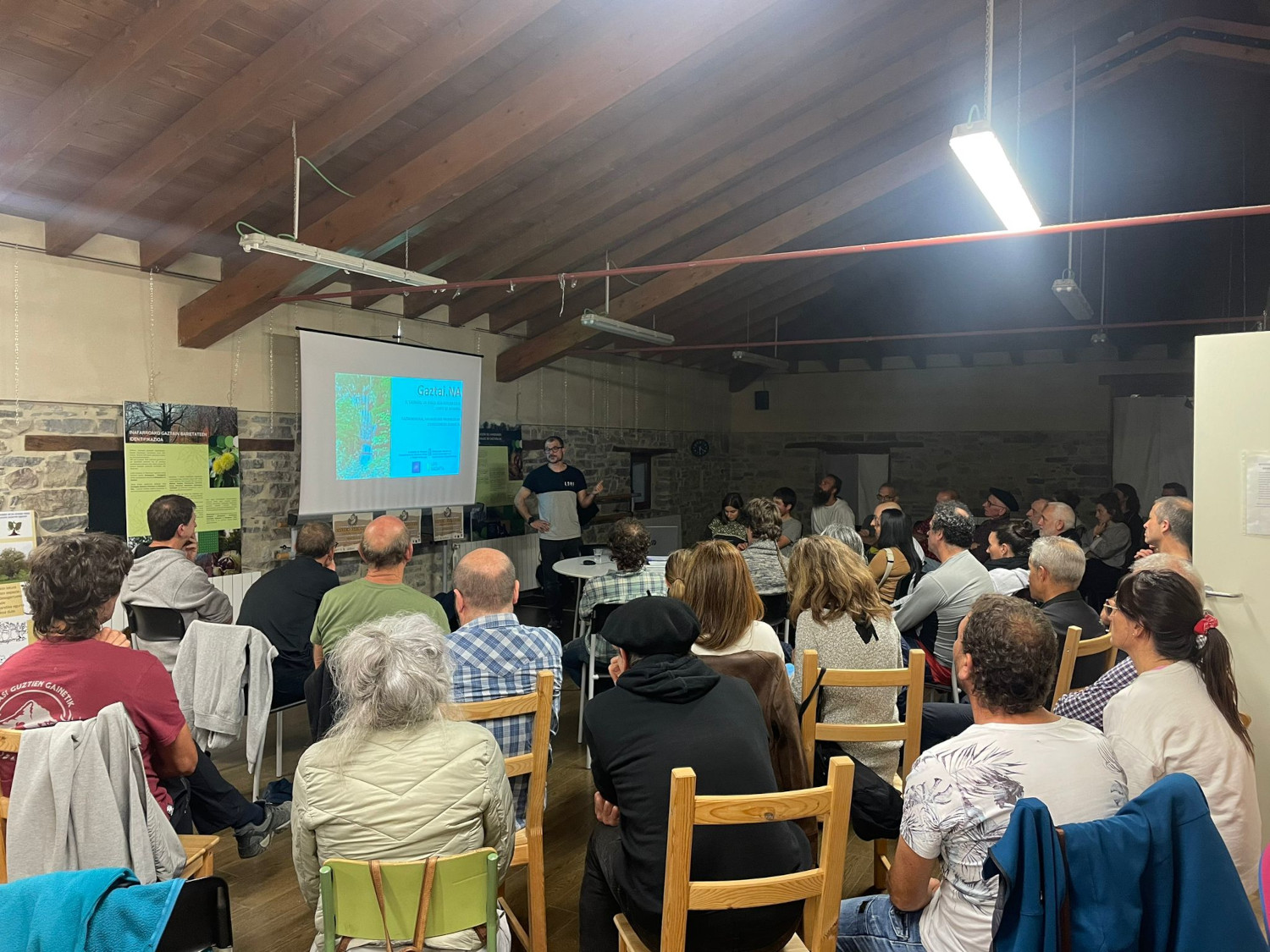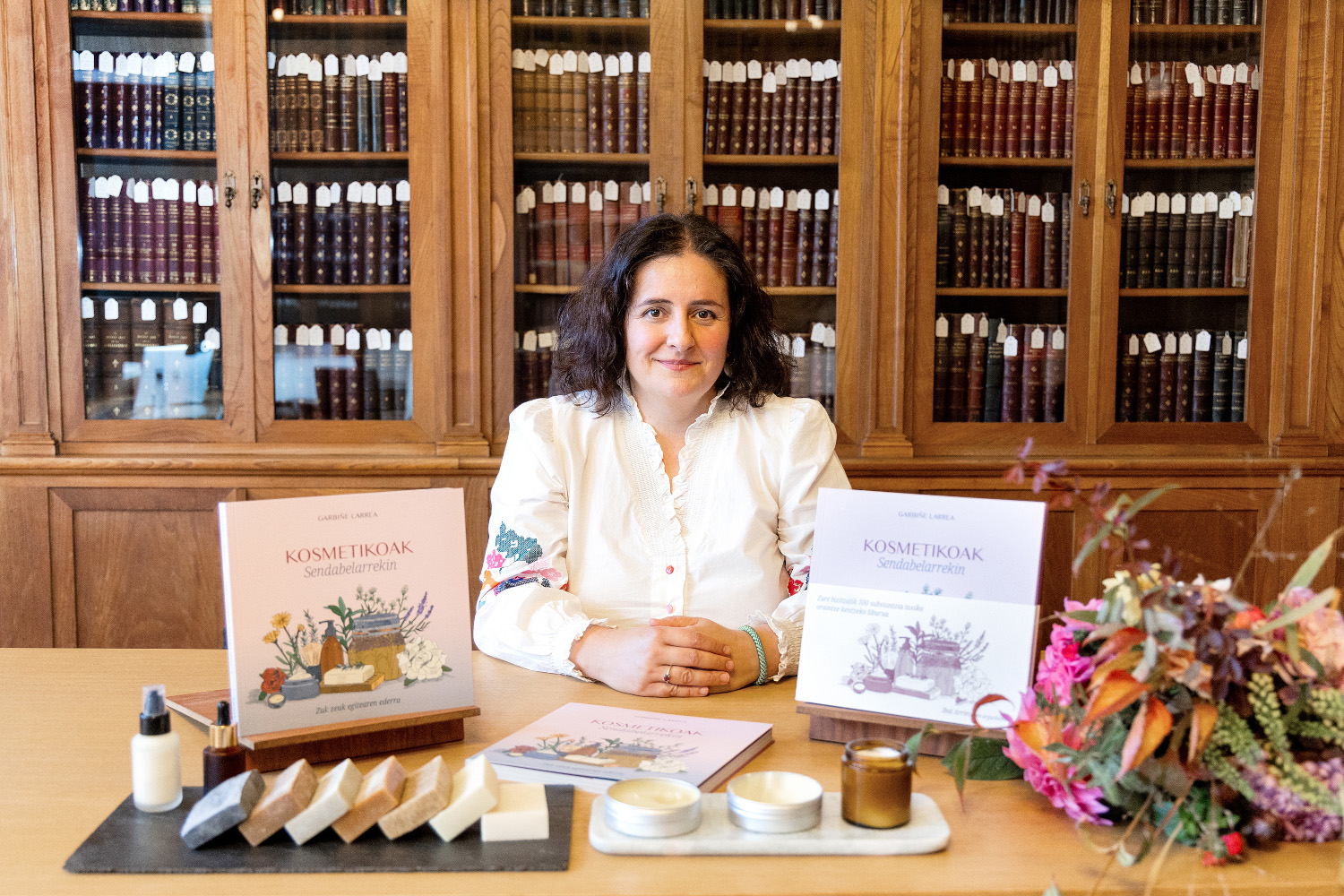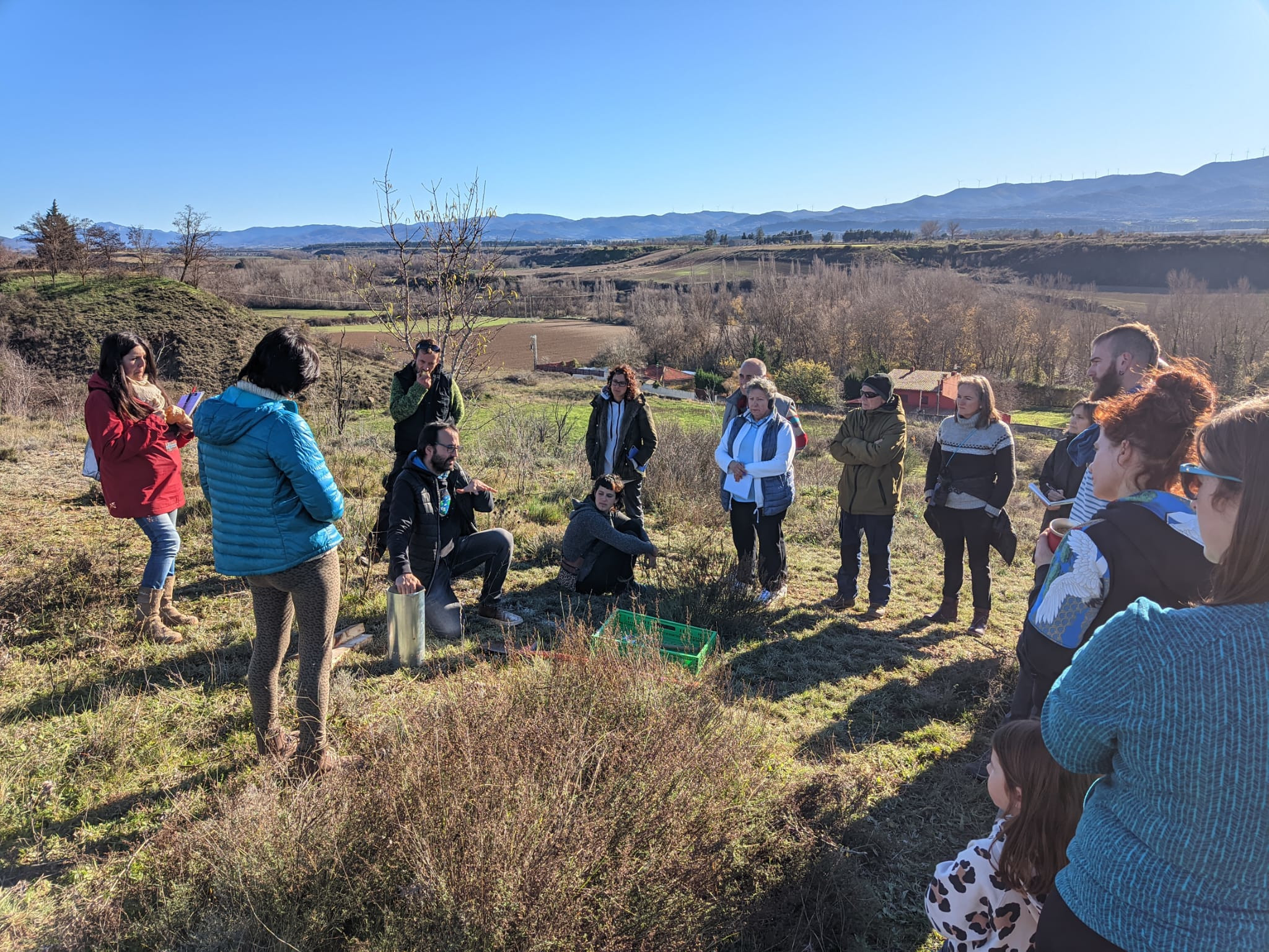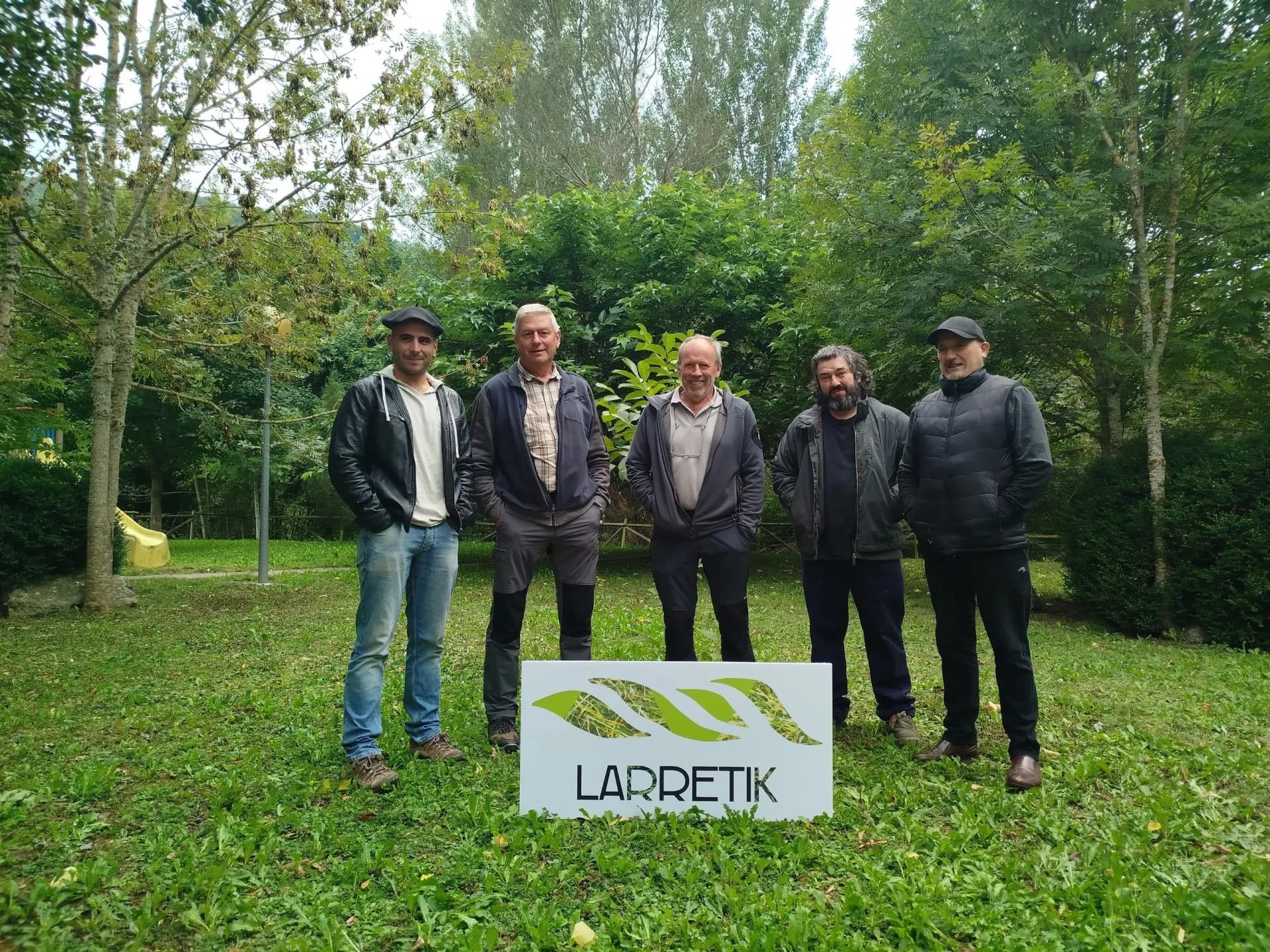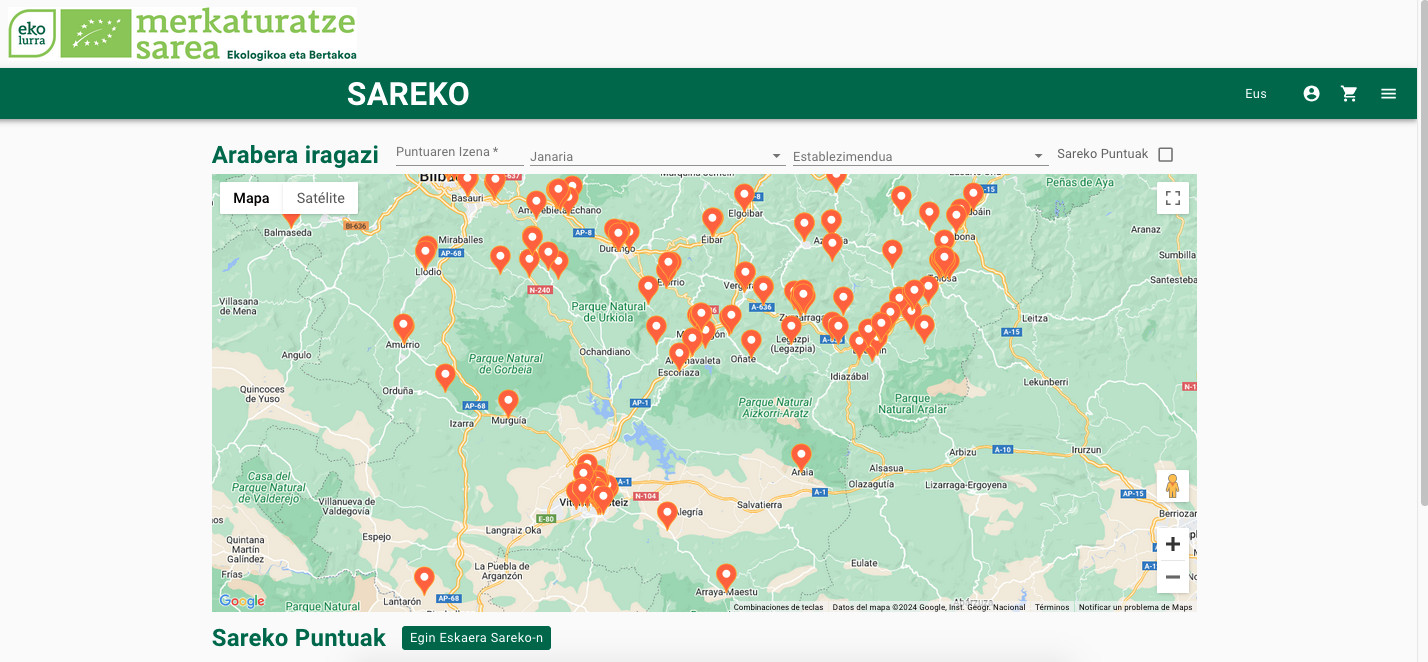How to care for the health and economy of the dining room

The Ikastola Argia de Tudela has launched a pilot project to transform the dining model of the ikastola, in collaboration with the Navarra public association INTIA and the Organic Agricultural Production Council of Navarra (NNPEK). The initiative responds to the commitment of the Government of Navarra to change consumption habits towards more sustainable life models: to promote the consumption of products of proximity, season and produced in an ecological model. In the dining room of Argia Ikastola there are about 210 meals a day and the drivers are clear that, in addition to offering local and seasonal products, they benefit health and an economic, employment and sustainable agriculture model.
Dining room more than services
“The dining room has always been part of our educational project and not a simple service,” said Argiñe Korta, director of the ikastola, in an interview on the NNPEK website. A few years ago, the management, the managers of the dining room and a group of parents started to change the menus in order to achieve a healthier diet. One of these parents made the proposal to start introducing organic products, as he knew the pilot project that could be applied in the centro.Se put in contact with INTIA and NNPEK and decided to proceed with the proposal: “Now 50% of the products in the dining room menus are what we call top 5: organic, local, fresh, seasonal and with the primary sector. To these must be added non-indigenous organic products, which reach 67%. In this top 5 there are over 40 products and we want to gradually increase these percentages,” explains the director.
Important travel partner Ekoalde
But how can we get those large quantities of food by buying from small local and ecological producers? The logistics centre Ekoalde de Noáin, opened last year, has made things much easier, according to the director: “All the supply we do with Ekoalde, making a single request from the dining room. Let’s think that if we have to receive twenty suppliers, making twenty orders… it’s a great advantage for us.”
The Ikastola Argia project can serve as an example for other schools in Navarre, so that similar canteens can be set up for the future. Korta invites you to join the project: “It’s everyone’s responsibility. We are destroying our health and our environment, and in that the administration has a lot to do, but also society, and in this case, fathers and mothers.”







